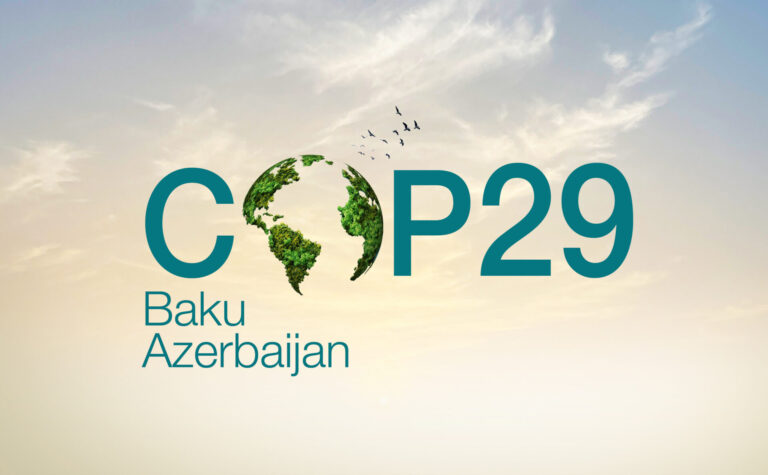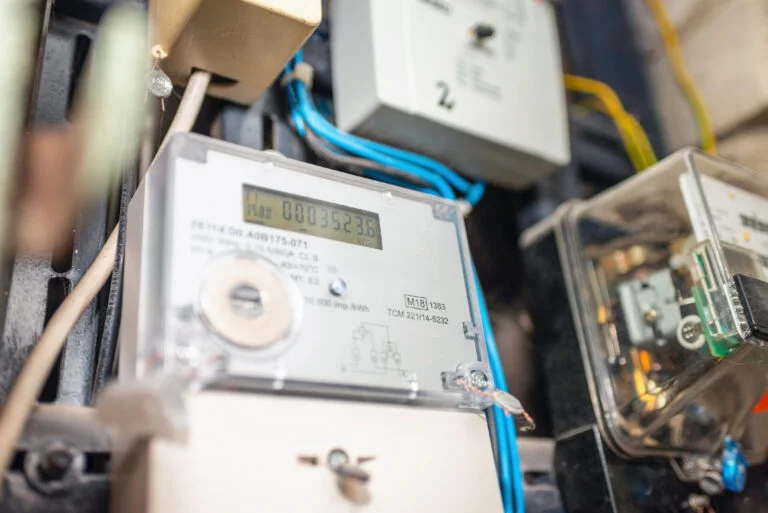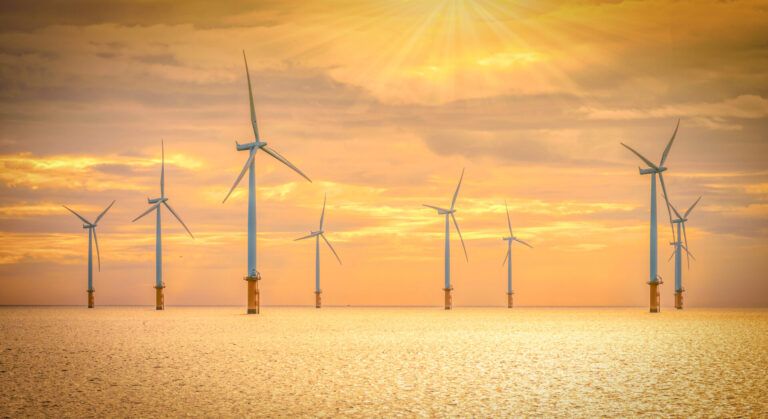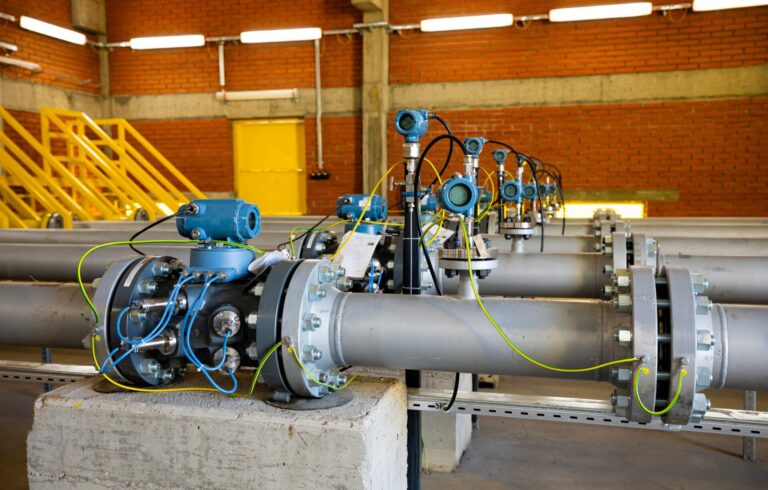COP29 has brought climate finance to the forefront of global discussions, highlighting the urgent need for developed nations to support those most vulnerable to climate change. With the impacts of extreme weather worsening, developing nations are advocating for clear financial commitments to aid adaptation and recovery efforts. Despite nearly two weeks of negotiations, recently published draft texts have left critical details unresolved, exposing a division over how to allocate responsibility for climate finance. As the summit reaches its final stages, two distinct proposals have emerged, each reflecting the contrasting priorities of developed and developing nations, offering different paths forward in the global fight against climate change.

Draft Text Published
As COP29 entered its final scheduled day Pressure has rose as a consequence of no visible progress on the conference’s central goal: climate finance. The summit has focused on securing financial commitments from wealthy nations to help developing countries address the impacts of extreme weather and adapt to climate change. Experts estimate that at least $1 trillion (roughly £780 billion GBP) is needed, but draft texts released late in the talks omitted key details, including who pays, how much and what the structure of the goal should be.
This ongoing stalemate highlights the challenge of holding wealthier nations accountable for the emissions they have contributed over centuries. Despite the lack of resolution, the COP29 presidency expressed optimism, suggesting that the framework for a financial package was beginning to take shape, with new drafts promised for review.
The Two Proposed Options
The draft text includes two main options for how the goal should look, with the first largely reflecting the preferences of developing countries and the second aligning with what developed countries want to see.
Option One: Annual Climate Finance Goal
Option one proposes an annual climate finance goal starting in 2025 and continuing until 2035. This option focuses on a clear and consistent flow of funds from developed to developing countries, while allowing voluntary contributions from developing nations that would not count towards the main goal. The structure mirrors the existing $100-billion-per-year target, set at COP15 in 2009, including government-provided finance and private funds mobilised by developed nations. This approach ensures predictability and accountability but closely follows the established framework, potentially limiting opportunities for innovation in funding sources.
Option Two: Broader and Flexible Climate Finance Framework
Option two adopts a more expansive approach, aiming for a single goal to be achieved by 2035 with funds drawn from a wide range of sources, including public and private organisations. Developed nations would remain at the forefront of the effort, but other economically capable countries would also be encouraged to contribute. This option introduces innovative funding ideas, such as taxes on airline tickets or financial transactions, alongside more traditional sources like bilateral and multilateral aid. While this flexibility could unlock larger sums of money, some critics are concerned it might dilute accountability by allowing developed countries to include revenues from carbon markets or other unregulated sources as part of their commitments.
The ongoing debate has led to an outcome of two proposed actions, with both aiming for the shared outcome of tackling climate change. As COP29 nears its conclusion, the outcome of these negotiations will be pivotal in determining the global contribution towards climate finance. As COP29 nears its conclusion, the outcome of these negotiations will be pivotal in determining the global community’s ability to unite and address the financial dimensions of the climate crisis effectively.
Catch Up On Previous COP29 Updates

COP29 Day 11 Summary: 22nd November 2024
The 11th day of the COP29 climate summit in Baku, Azerbaijan, concluded with an agreement on a new climate finance

COP29 Day 10 Summary: 21st November 2024
COP29 has brought climate finance to the forefront of global discussions, highlighting the urgent need for developed nations to support

COP29 Day 9 Summary: 20th November 2024
On the ninth day of COP29 in Baku, Azerbaijan, discussions brought to light significant disagreements between developed and developing nations,

COP29 Day 8 Summary: 19th November 2024
Day 8 of COP29 in Baku, Azerbaijan, focused on tackling the challenge of climate finance, with a spotlight on how

COP29 Day 7 Summary: 18th November 2024
COP29 is proving to be a pivotal yet contentious chapter in global climate negotiations. With only five days left in

COP29 Weekend Summary: 15th-17th November 2024
This weekend at COP29 highlighted key debates about fossil fuels and strategies to combat the climate crisis. Progress was made

COP29 Day 4 Summary: 14th November 2024
Day four of COP29 in Baku brought critical discussions to the forefront, focusing on two pressing issues: the urgent need

COP29 Day 3 Summary: 13th November 2024
On Day 3 of COP29 in Baku, Azerbaijan, global leaders pushed for stronger climate cooperation, with discussions centering on several

COP29 Day 2 Summary: 12th November 2024
On Day 2 of COP29 in Baku, Azerbaijan, global leaders continued discussions on urgent climate action, focusing on financing, emission

COP29 Day 1 Summary: 11th November 2024
The 29th United Nations Climate Change Conference (COP29) commenced on November 11, 2024, in Baku, Azerbaijan, marking a pivotal moment






